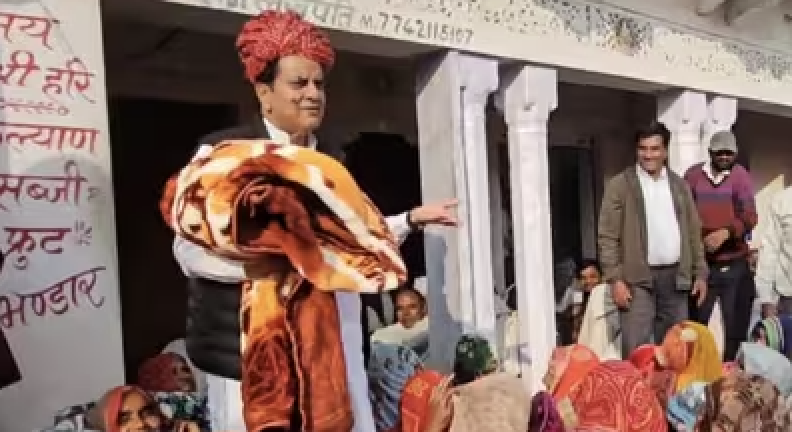
Thiruvananthapuram: Kerala Chief Minister Pinarayi Vijayan on Thursday asserted that his government would not implement the controversial Citizenship (Amendment) Act (CAA).
Speaking at a function organised to mark the conclusion of his government’s first anniversary celebrations here, he said, “The government has a clear position on the Citizenship Amendment Act (CAA). That will continue.”
The Chief Minister said that “our country works on the principle of secularism as mentioned in the Constitution of India. Nowadays, attempts are being made to destroy secularism. A certain group of people are greatly concerned about this. In a recent incident, a group of people were determining citizenship on the basis of religion. Kerala government has taken a firm stand against this incident.”
He added, “Several surveys are being conducted in different parts of the country to create communal tension among people. But here, a survey has been completed to identify the most impoverished families in our society. Further steps will be taken as part of this survey.”
While speaking at the first anniversary celebrations of the LDF government, Kerala Chief Minister Pinarayi Vijayan reiterated that the state would not implement Citizenship (Amendment) Act. “The State government has taken a firm stand that citizenship would not be determined based on religion,” Vijayan added.
Last month, Union Home Minister Amit Shah had said in Siliguri in West Bengal that the law would be implemented once the COVID-19 pandemic has ended. “We will implement Citizenship (Amendment) Act (CAA) on ground the moment COVID-19 wave ends,” Union Home minister Amit Shah said in West Bengal’s Siliguri city.
The Citizenship (Amendment) Act, 2019 which was passed by the Parliament of India on December 11, 2019, but is yet to be implemented, aims to grant citizenship to those members of the Hindu, Sikh, Buddhist, Jain, Parsi and Christian communities who faced persecution in Afghanistan, Bangladesh and Pakistan.
The CAA was notified on December 12, 2019 and came into force on January 10, 2020. It aims to facilitate grant of citizenship to migrants belonging to the Hindu, Sikh, Buddhist, Jain, Parsi and Christian communities from Afghanistan, Bangladesh and Pakistan, who had come to India on or before December 31, 2014.
This article first appeared on siasat.com






